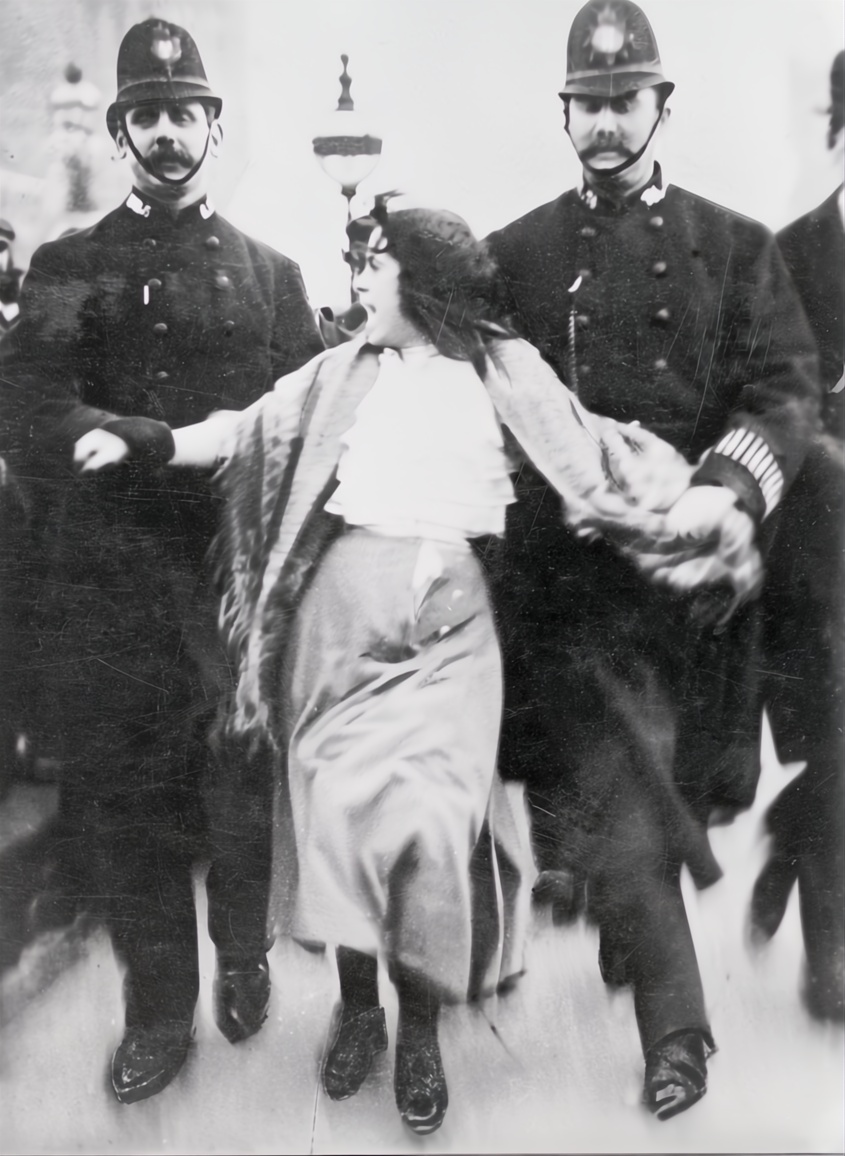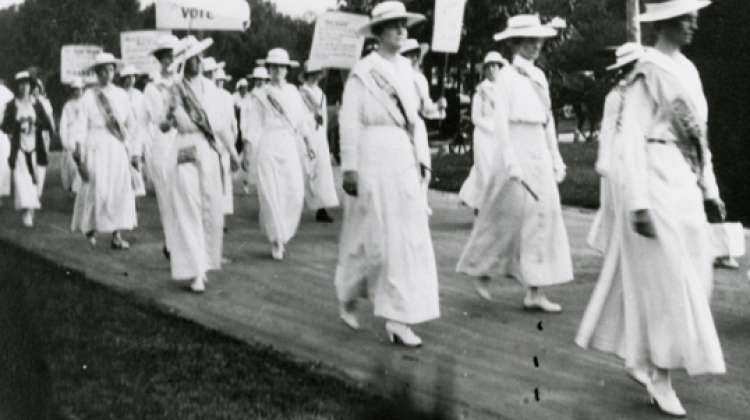Below is a summary of the rise of romantic love by Lester F Ward, an American botanist, paleontologist and sociologist. For the full text version of Ward’s commentary on romantic love see here. – PW
* * *
The appearance in the most advanced races of a derivative form of natural love is known as romantic love. It is a comparatively modern product, and is not universal among highly assimilated races. In fact, I am convinced that it is practically confined to what is generally understood as the Aryan race, or, at most, to the so-called Europeans, whether actually in Europe or whether in Australia, America, India, or any other part of the globe. Further, it did not appear in a perceptible form even in that ethnic stock until some time during the Middle Ages. Although I have held this opinion much longer, I first expressed it in 1896.1 It is curious that since that time two books have appeared devoted in whole or in part to sustaining this view..2 There is certainly no sign of the derivative sentiment among savages. Monteiro, speaking of the polygamous peoples of Western Africa, says: –
The negro knows not love, affection, or jealousy. … In all the long years I have been in Africa I have never seen a negro manifest the least tenderness for or to a negress. … I have never seen a negro put his arm round a woman’s waist, or give or receive any caress whatever that would indicate the slightest loving regard or affection on either side. They have no words or expressions in their language indicative of affection or love.3
Lichtenstein4 says of the Koossas: “To the feeling of a chaste tender passion, founded on reciprocal esteem, and an union of heart and sentiment, they seem entire strangers.” Eyre reports the same general condition of things among the natives of Australia,5 and it would not be difficult to find statements to the same effect relative to savage and barbaric races in all countries where they have been made the subject of critical study. Certainly all the romances of such races that have been written do but reflect the sentiments of their writers, and are worthless from any scientific point of view. This is probably also the case for stories whose plot is laid in Asia, even in India, and the Chinese and Japanese seem to have none of the romantic ideas of the West; otherwise female virtue would not be a relative term, as it is in those countries. This much will probably be admitted by all who understand what I mean by romantic love.
The point of dispute is therefore apparently narrowed down to the question whether the Ancient Greeks and Romans had developed this sentiment. I would maintain the negative of this question. If I have read my Homer, Æschylus, Virgil, and Horace to any purpose they do not reveal the existence in Ancient Greece and Rome of the sentiment of romantic love. If it be said that they contain the rudiments of it and foreshadow it to some extent I shall not dispute this, but natural love everywhere does this, and that is therefore not the question.
The only place where one finds clear indications of the sentiment is in such books as “Quo Vadis,” which cannot free themselves from such anachronisms. I would therefore adhere to the statement made in 1896, when I said, “Brilliant as were the intellectual achievements of the Greeks and Romans, and refined as were many of their moral and esthetic perceptions, nothing in their literature conclusively proves that love with them meant more than the natural demands of the sexual instinct under the control of strong character and high intelligence. The romantic element of man’s nature had not yet been developed.”
The Greeks, of course, distinguished several kinds of love, and by different words (eros, agape, philia), but only one of these is sexual at all. For eros they often used ‘Aphrodite’. They also expressed certain degrees and qualities in these by adjectives, e.g., pandemic. Some modern writers place the adjective heavenly over against pandemic, as indicating that they recognized a sublimated, heavenly, or spiritual form of sexual love, but I have not found this in classic Greek. Neither do I find any other to the Latin Venus vulgivaga. But whether such softened expressions are really to be found in classic Greek and Latin authors or not, the fact that they are so rare sufficiently indicates that the conceptions they convey could not have been current in the Greek and Roman mind, and must have been confined to a few rare natures.
Romantic love is therefore not only confined to the historic races, those mentioned in Chapter III as representing the accumulated energies of all the past and the highest human achievement, but it is limited to the last nine or ten centuries of the history of those races. It bean to manifest itself some time in the eleventh century of the Christian era, and was closely connected with the origin of chivalry under the feudal system. Guizot has given us perhaps the best presentation of that institution,6 and from this it is easy to see how the conditions favored its development.
In the first place the constant and prolonged absenteeism of the lords and knights, often with most of their retainers, from the castle left the women practically in charge of affairs and conferred upon them a power and dignity never before possessed. In the second place the separation of most of the men for such long periods, coupled with the sense of honor that their knighthood and military career gave rise to, caused them to assume the rôle of applicants for the favor of the women, which they could not always immediately attain as when women were forcibly seized by any one that chanced to find them.
These conditions produced a mutual sense on the part of both sexes of the need of each other, coupled with prolonged deprivation on the part of both of that satisfaction. The men, thus seeking the women, naturally became chivalrous toward them. The solitary life of women of high rank made them somewhat a prey to the lusts of men of low degree, and the knights assumed the rôle of protecting them from all dangers. Moral and Christian sentiments also played a part, and we find among the provisions of the oath that every chevalier must make the following solemn vows: –
To maintain the just rights of the weak, as of widows, orphans, and young women. If called upon to conduct a lady or a girl to any place, to wait upon her, to protect her, and to save her from all danger and every offense, or perish in the attempt. Never to do violence to ladies or young women, even though won by their arms, without their will and consent.
Such an oath, made a universal point of honor, any breach of which would be an everlasting disgrace, and be punished severely by the order of knighthood to which they belonged, could not fail to produce a powerful civilizing effect upon the semi-barbaric men of that age. The whole proceeding must have also given to women a far greater independence and higher standing than they had ever before enjoyed since the days of gynæcocracy in the protosocial stage.
Out of this condition of things there arose a special class of poets who wrote lyrics wholly different from the erotic songs of antiquity that go by that name. These poets were called troubadours, and some of them wandered from place to place singing the praises of the great court ladies, and still further inflaming the new passion, which was relatively pure, and contented itself with an association of men with women while conserving the honor and virtue of the latter. This, of course, was a passing phase and somewhat local, being mainly confined to southern France and parts of Spain.
It degenerated, as did the whole institution of chivalry, and by the end of the thirteenth century nothing was left of either but the ridiculous nonsense that Cervantes found surviving into his time, and which he so happily portrayed in Don Quixote. But chivalry had left its impress upon the world, and while Condorcet and Comte exaggerated certain aspects of it, no one has pointed out its greatest service in grafting romantic love upon natural love, which until then had been supreme.
But it would be easy to ascribe too great a rôle, even here, to chivalry. The truth is not all told until chivalry is understood as an effect as well as a cause. Whatever may be said of the Middle Ages as tending to suppress the natural flow of intellectual activities, there can be no doubt that they were highly favorable to the development of emotional life. The intense religious fervor that burned in its cloisters for so many centuries served to create centers of feeling, and to increase the sensibility of all those nerve plexuses that constitute the true organs of emotion.
Whatever may be the physiological changes necessary to intensify the inner feelings, corresponding to the multiplication and diversification of the neurons of the brain by which the intellect is perfected, such changes went on, until the men and women of the eleventh century found themselves endowed with far higher moral organizations than those of the ancient Greeks and Romans. They had been all this time using their emotional faculties as they never had been used before, and the Lamarckian principle of increase through use is as true of those faculties as it is of external muscles and organs. It is true of the brain, too, and when educationalists wake up to this truth the only solid basis for scientific education will have been discovered. But without a preparation in this latent growth of the emotional faculties neither chivalry nor romantic love could have made its appearance.
The crusades, contemporary to a great extent with chivalry, and due also to the surplus emotion, taking here a religious course, became also a joint cause in the development not only of romantic love but also of many other lofty attributes, both ethical and intellectual. They failed to save the holy city, but they gained a far greater victory than that would have been in rationalizing, moralizing, and socializing Europe. Any one who thinks they were a failure has only to read Guizot’s masterly summing up of their influence.7
Romantic love was due primarily to the greater equality and independence of woman. She reacquired to some extent her long-lost power of selection, and began to apply to men certain tests of fitness. Romantic love therefore marks the first step toward the resumption by woman of her natural scepter which she yielded to the superior physical force of man at the beginning of the androcratic period. It involves a certain degree of female selection or gyneclexis, and no longer permitted man to seize but compelled him to sue.
_______________________________
REFERENCES:
1) International Journal of Ethics, Vol. VI, July, 1896, p. 453.
2) “Antimachus of Colophon and the Position of Women in Greek Poetry,” by E. F. M. Benecke, London, 1896. “Primitive Love and Love Stories,” by Henry T. Finck, New York, 1899.
3) “Angola and the River Congo,” by Joachim John Monteiro. In two volumes. London, 1875, Vol. I, pp. 242-243.
4) “Travels in Southern Africa,” in the years 1803, 1804, 1805, and 1806, by Henry Lichtenstein, English translation, Dublin, 1812, p. 261.
5) Journals, etc., Vol. II, p. 321.
6) “Histoire de la Civilisation en France depuis la chute de I’Empire Romain,” par M. Guizot, 3e éd., Vol. III, Paris, 1840, Sixième Leçon, pp. 351-382.
7) “Histoire générale de Ia Civilisation en Europe depuis la chute de I’Empire Romain,” par M. Guizot, 4e éd., Paris, 1840, Huitième Leçon, pp. 231-257.
Like this:
Like Loading...






You must be logged in to post a comment.